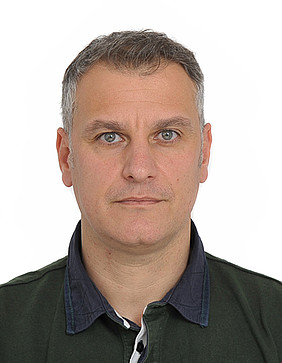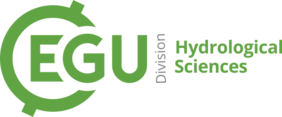Assistant Professor Emmanouil Varouchakis of the School of Mineral Resources Engineering at the Technical University of Crete took over the Chairship of the Hydroinformatics Subdivision of the European Geosciences Union for the period 2022-2024.
Hydroinformatics has emerged over the last decade to become a recognised and established field of independent research within the hydrological sciences. Hydroinformatics is concerned with the development and hydrological application of mathematical modelling, information technology, systems science and computational intelligence tools. It provides the computer-based decision-support systems that are now entering more and more into the offices of consulting engineers, water authorities and government agencies. Tools for capturing data, on both a mega-scale and a milli-scale, are immense and still emerging. As a result we have to face the challenges of Big Data: large data sets, both in size and complexity. Methods and technologies for data handling, visualization and knowledge acquisition are more and more often referred to as Data Science.
An important are of data analysis is geostatistics, which is likely to have a larger impact in the future - especially as the needs for both short and long-term water management planning and mitigation of extreme hydrological events (e.g. droughts and floods) are expected to increase. This sub-division deals with the new and innovative geostatistical applications in spatial modeling, spatio-temporal modeling, spatial reasoning and data mining, spatial dynamics of natural events (e.g. morphological changes), generalization and optimization of spatial models, monitoring networks optimization, and other issues.
The aim of this session is to provide an active forum in which to demonstrate and discuss the integration and appropriate application of emergent computational technologies in a hydrological modelling and data analysis context. Topics of interest are expected to cover a broad spectrum of theoretical and practical activities that would be of interest to hydro-scientists and water-engineers. The main topics will address the following classes of methods and technologies:
- Predictive and analytical models based on the methods of statistics, computational intelligence and data science: neural networks, fuzzy systems, support vector machines, genetic programming, cellular automata, chaos theory, etc.
- Methods for the analysis of complex data sets, including remote sensing data: principal and independent component analysis, feature extraction, time series analysis, data-infilling, information theory, etc.
- Advanced methods of time series and data analysis, and geostatistics
- Specific concepts and methods of Big Data and Data Science such as data thinning, data fusion, information integration
- Optimisation methods associated with heuristic search procedures: various types of genetic and evolutionary algorithms, randomised and adaptive search, ant colony, particle swarm optimisation, etc.
- Applications of systems analysis and optimisation in water resources
- Hybrid modelling involving different types of models both process-based and data-driven, combination of models (multi-models), etc.
- Data assimilation and model reduction in integrated modelling (including assimilation of crowdsourced data)
- Novel methods of analysing model uncertainty and sensitivity
- Appropriate software architectures for linking different types of models and data sources
Applications could belong to any area of hydrology or water resources: rainfall-runoff modelling, flow forecasting, sedimentation modelling, analysis of meteorological and hydrologic data sets, linkages between numerical weather prediction and hydrologic models, model calibration, model uncertainty, optimisation of water resources, geostatistics, etc.


















